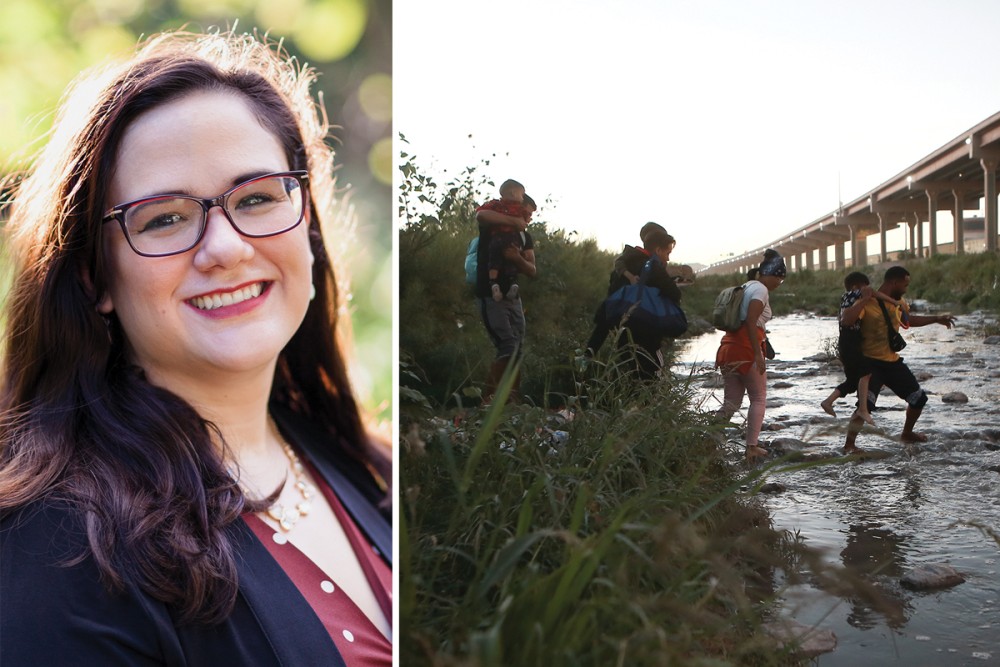Getting organized to help migrants in Chicago
“The buses have stopped coming,” says Katarina Ramos, “but there’s still a need for services for the people who were transported here.”

Katarina Ramos works as an attorney at the National Immigrant Justice Center, providing pro bono legal counsel to immigrants. When thousands of Venezuelan migrants were bused to Chicago from Texas last year, Ramos and her colleague Alejandra Oliva worked together to coordinate NIJC’s response.
Tell us about your work at the National Immigrant Justice Center.
NIJC is a nonprofit organization that uses a comprehensive approach to provide services and support to immigrants who are at or below 200 percent of the federal poverty line. I work as managing attorney at NIJC’s Immigrant Legal Defense Project, which offers direct general immigration legal services. We cover a wide range of cases. We help non-detained adults who are in removal proceedings before the immigration court, people seeking citizenship, DACA recipients, people filing family petitions, and those seeking humanitarian relief—including relief under the Violence Against Women Act and the U visa, which applies to victims of crime.





